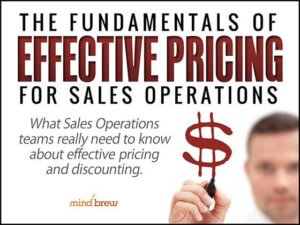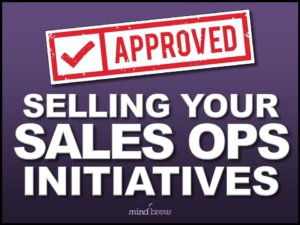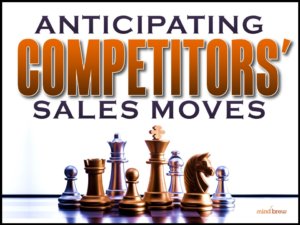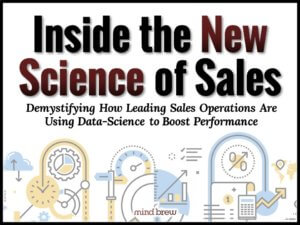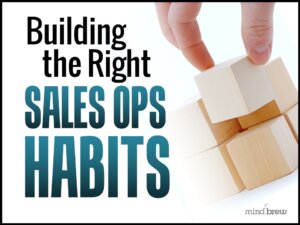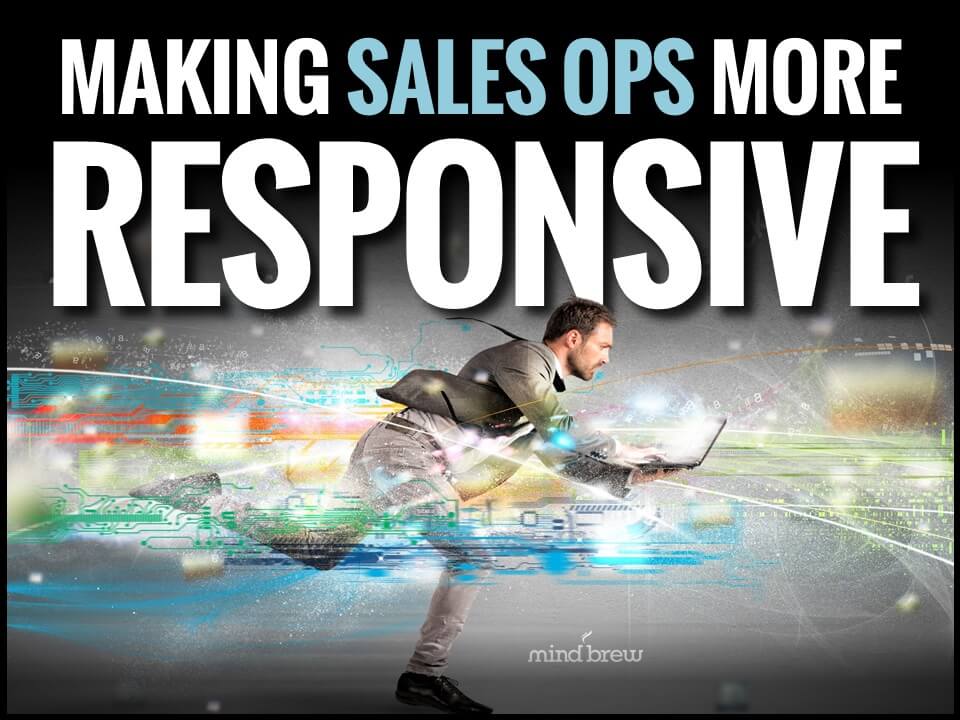As a big deal is being quoted and negotiated, the risk of losing the deal will tend to overwhelm all other internal considerations and deliberations.
After all, winning this big deal could help “make the quarter.” And by “taking the deal off the street” we could deprive our competitors of some much needed financial oxygen. So in the moment, the perceived risk around losing a big deal by quoting prices that are too high will often outweigh the risks of winning the business at prices that are too low.
In many cases, this dynamic is exacerbated when we have an incomplete or inaccurate view of the risks on just the one side of the equation.
For example, we might rationalize that even if we get it wrong on a big deal, we can always make up for it somewhere else. While this may sound good and might be true in theory, it rarely plays out in practice.
First of all, it’s a bigger-than-normal deal. So any damage or shortfall is also likely to be outsized. As such, it will take a lot of smaller deals…all priced better than normal, mind you…to make up for a gutter ball on a big deal.
Secondly, we actually have to take deliberate steps to “make up for it somewhere else.” Unfortunately, the best of intentions will often go out the window as soon as the deal is done and the next opportunity arises.
And besides, who’s going to volunteer to have their next few deals be the ones that will make up the difference? Bueller? Bueller?
Another common rationalization around the downside risk is that regardless of its size, it’s just one deal. So if we end up pricing way too low, the effects will be totally isolated and contained to just that one deal.
Well, there are at least two problems with this notion:
- Today, procurement functions are so sophisticated that virtually any deal you do with a customer will likely affect every other deal you’ll try to do with that customer, now and into the future. You can try to do something different on other deals, but you’ve handed the buyer something they can leverage to their advantage moving forward…and they will.
- As much as you might like to keep an overly aggressive deal a secret, other customers will often find out about it. Through deliberate intelligence gathering or just careless chatter, what’s hidden has a way of becoming known. And before long, you can have many other customers demanding similar concessions in the interest of “fairness.”
But one of the most insidious risks associated with quoting a big deal too low is the effect it can have on internal perceptions and behavior. Internally, an outsized deal tends to get a lot of attention and generate a bit of buzz. And the whole sales team…no matter how far flung or removed they might be…is very likely to hear about it.
That one deal can then become a sort of mental benchmark or reference point for other deals…even deals that bear very little resemblance. It can influence internal perceptions around how far the company is actually willing to go, what’s actually considered to be “fair” and reasonable, and what people might actually be able to get away with.
While the resulting change in behavior may not be blatant or immediate, the perception that there’s an unspoken “lower floor” can cause your entire sales team to question the prices they’re quoting and make everyone just a little more willing to acquiesce to buyers’ demands.
We all want to win the big deals. That’s a given. But in getting there, we shouldn’t ignore or rationalize away the downside risks—because winning a big deal at the wrong prices can cost a lot more than we think.


